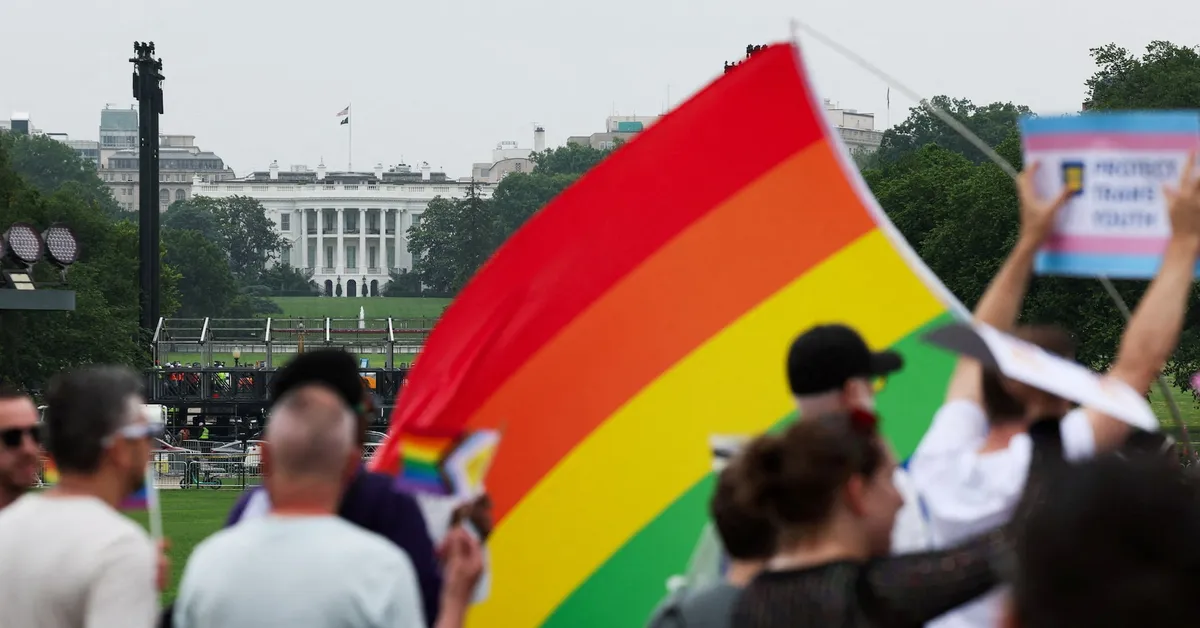
On June 17, a federal judge in Boston made a significant ruling that impacts the rights of transgender and nonbinary individuals across the United States. The judge blocked an executive order from President Donald Trump’s administration that aimed to restrict passport issuance for these communities, ensuring that their gender identities could be accurately reflected in their travel documents.
Judge Kobick's decision came after he determined that the U.S. Department of State’s policy was likely discriminatory based on sex. He argued that the policy was rooted in an irrational prejudice toward transgender Americans, violating the Fifth Amendment of the U.S. Constitution. This ruling is particularly noteworthy as it challenges an executive order signed by Trump, which directed the government to recognize only two distinct biological sexes—male and female.
In a move that emphasizes the collective impact of the policy, Judge Kobick granted class action status to the case. This means that the ruling applies uniformly to all affected transgender, nonbinary, and intersex passport holders, who were being denied passports that aligned with their gender identity. Kobick's decision reflects a commitment to ensuring that all individuals can obtain documents that accurately represent who they are.
Li Nowlin-Sohl, a lawyer with the American Civil Liberties Union representing the plaintiffs, hailed the ruling as a critical victory for equal justice under the law and a step forward in the fight against discrimination. In contrast, White House spokeswoman Anna Kelly criticized the decision, describing it as yet another attempt by a “rogue judge” to undermine President Trump’s agenda and promote what she termed “radical gender ideology.”
This case is part of a broader legal landscape shaped by an executive order signed by Trump upon his return to office on January 20. The order mandated the State Department to enforce policies recognizing only male and female designations, effectively overriding previous policies that allowed individuals to self-identify their sex. Prior to this order, the State Department had allowed individuals to update their sex designation on passports for over three decades.
In a progressive shift, the Biden administration in 2022 introduced new measures that allowed passport applicants to select an X as a neutral sex marker, alongside the traditional M for male and F for female. This change marked a significant advancement in recognizing and respecting the identities of transgender and nonbinary individuals in official documentation.
The ruling by Judge Kobick represents a pivotal moment in the ongoing dialogue about gender identity, civil rights, and the legal protections afforded to transgender and nonbinary citizens in the United States.